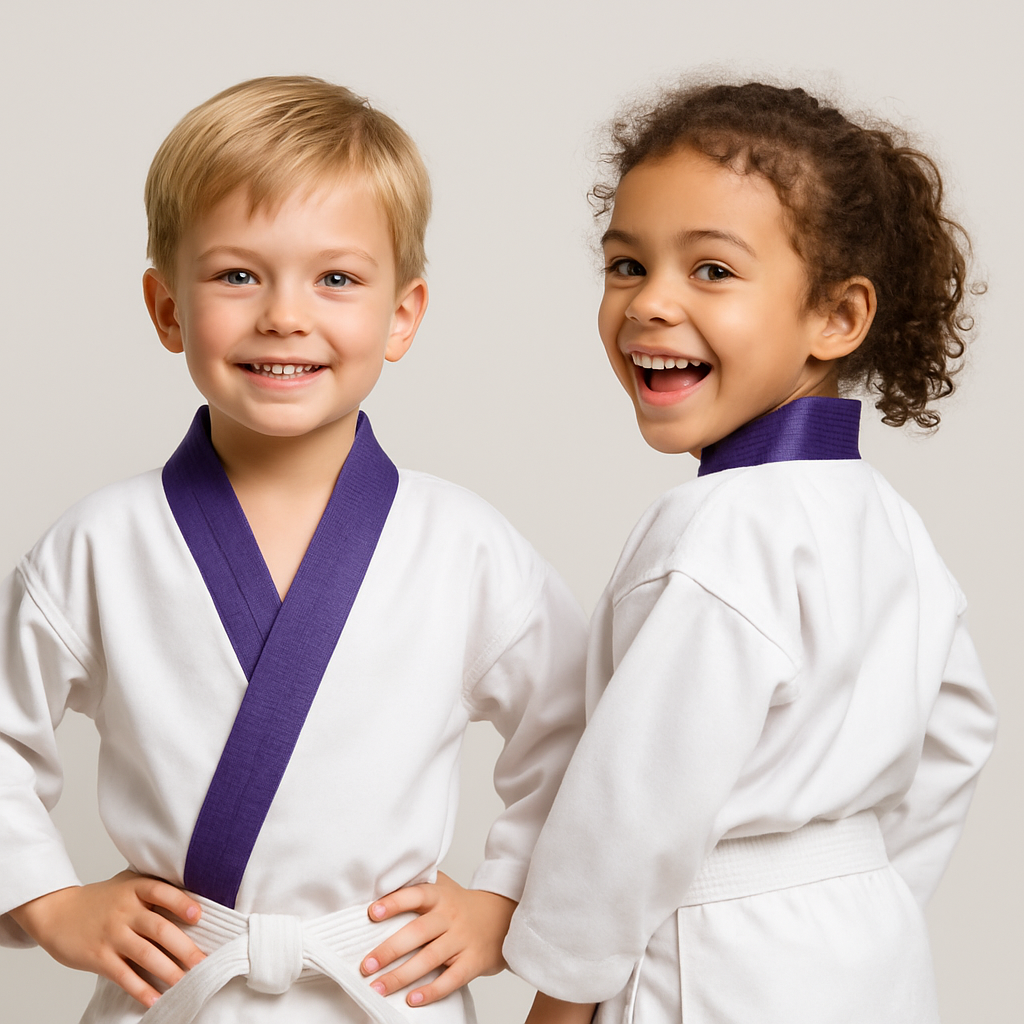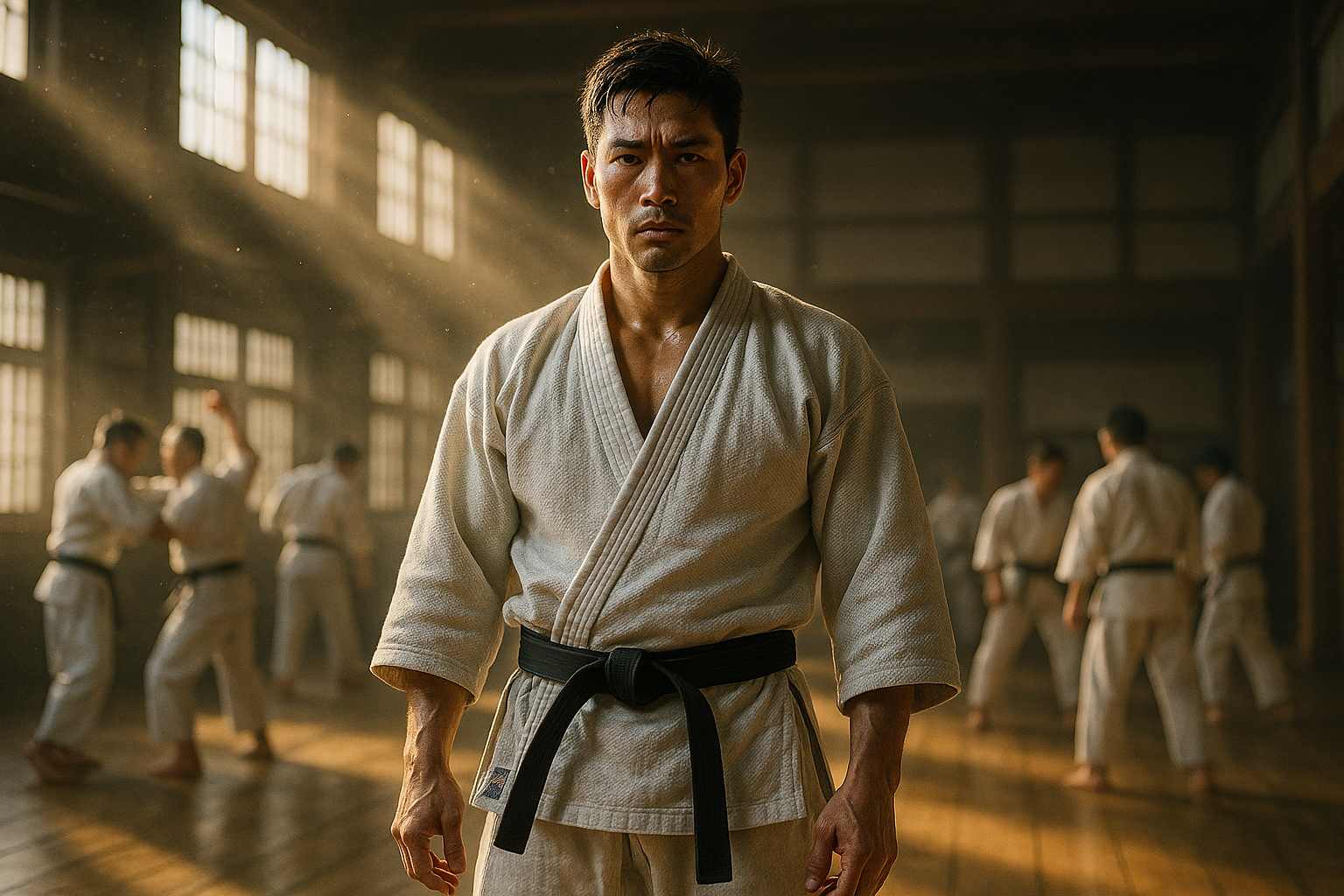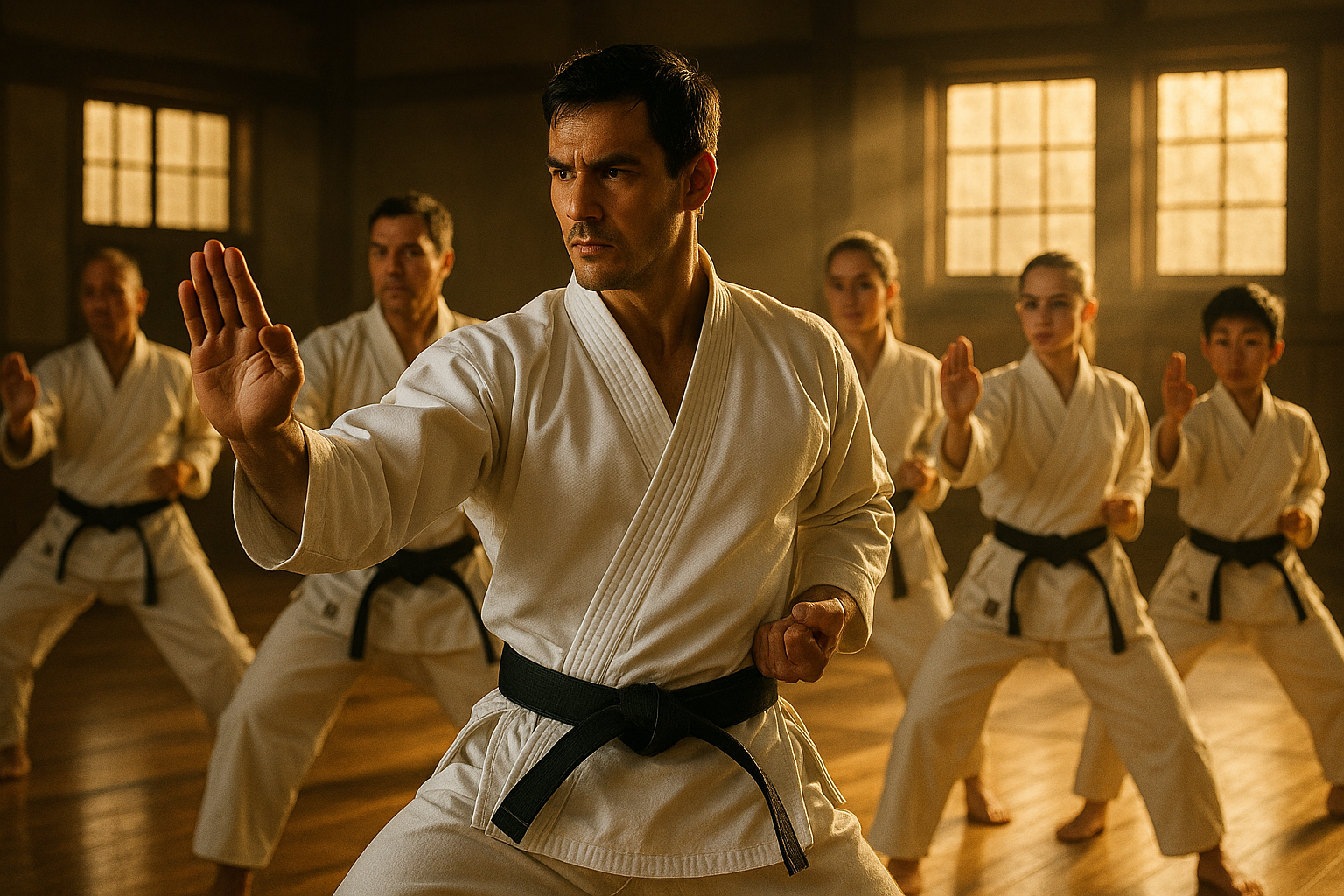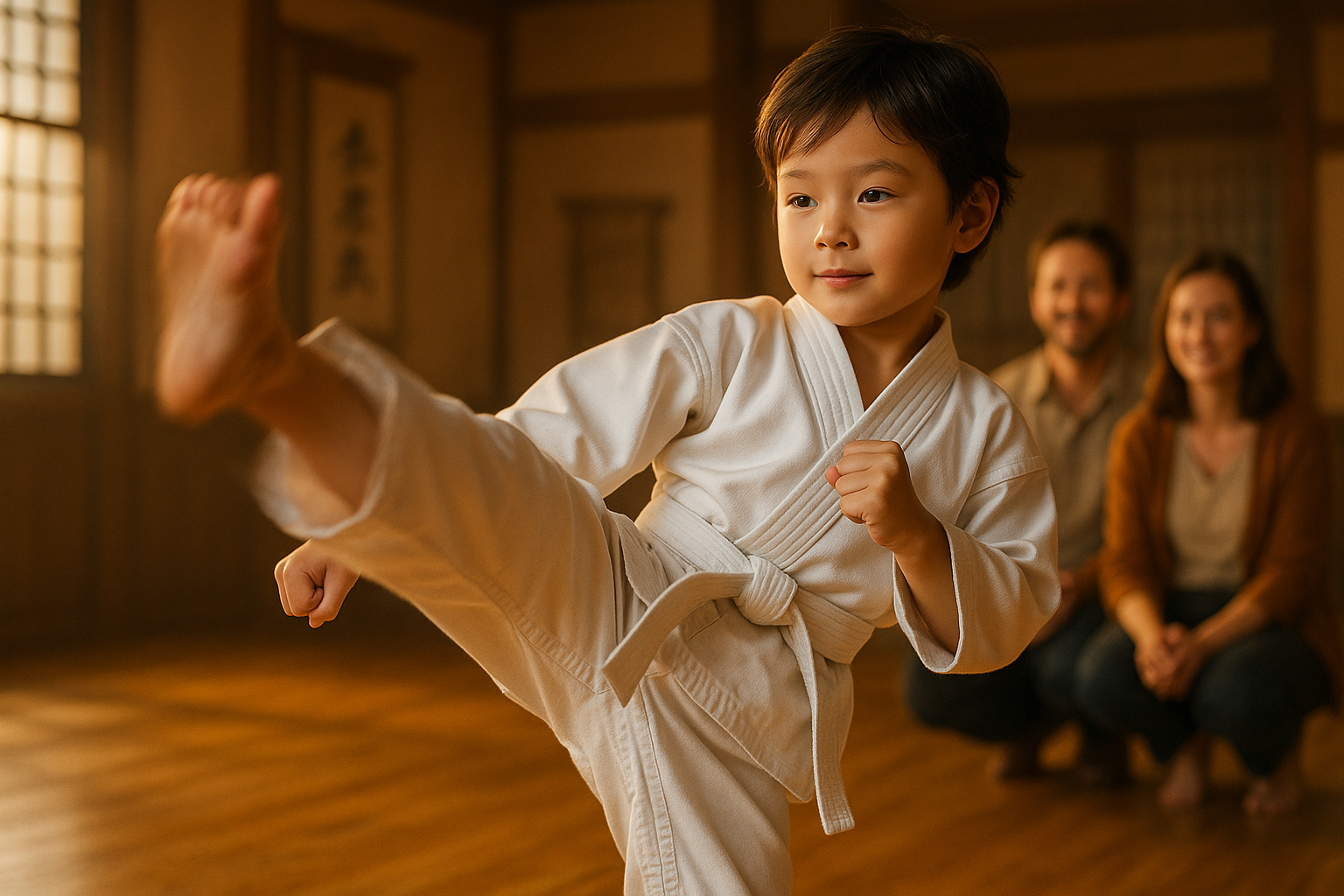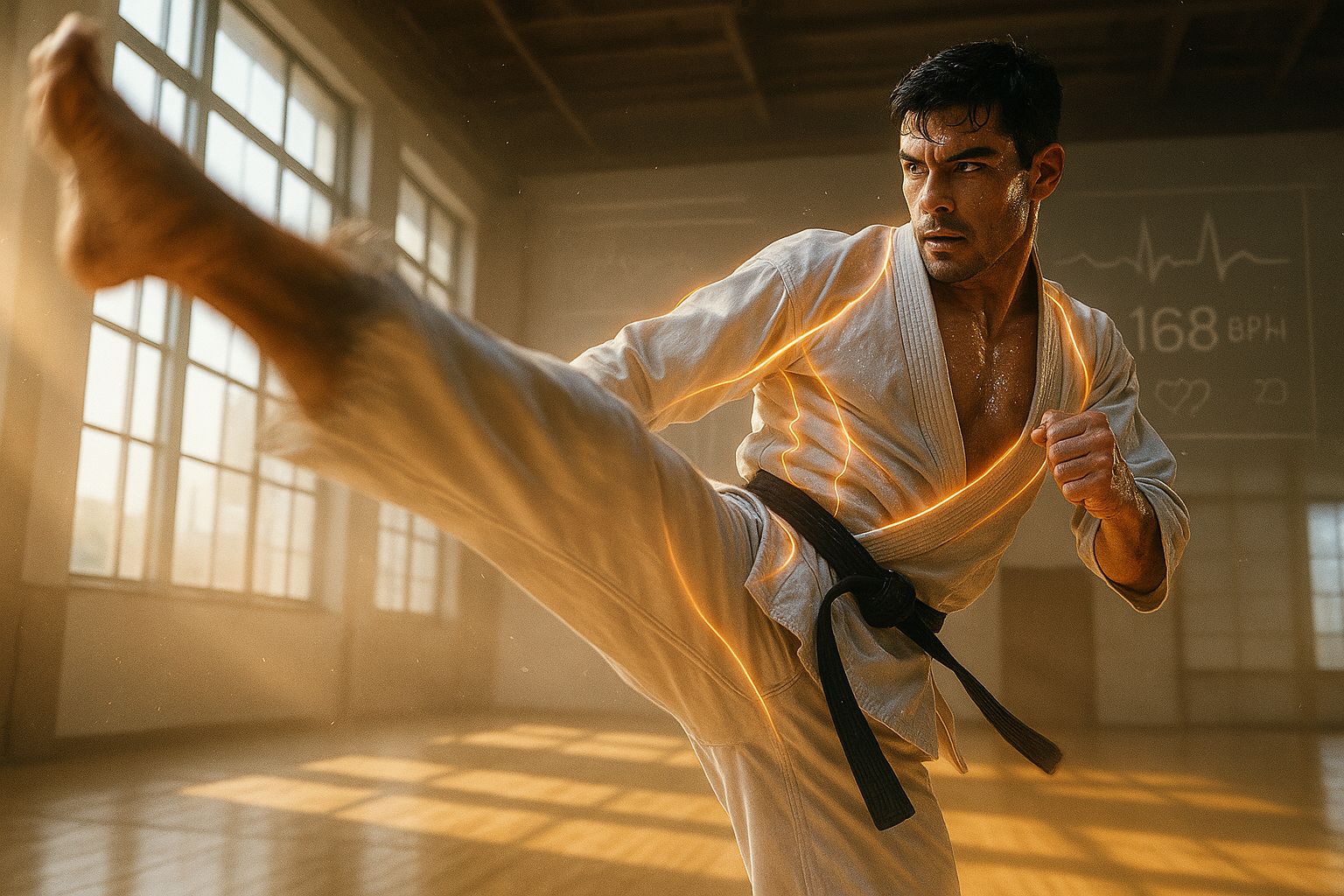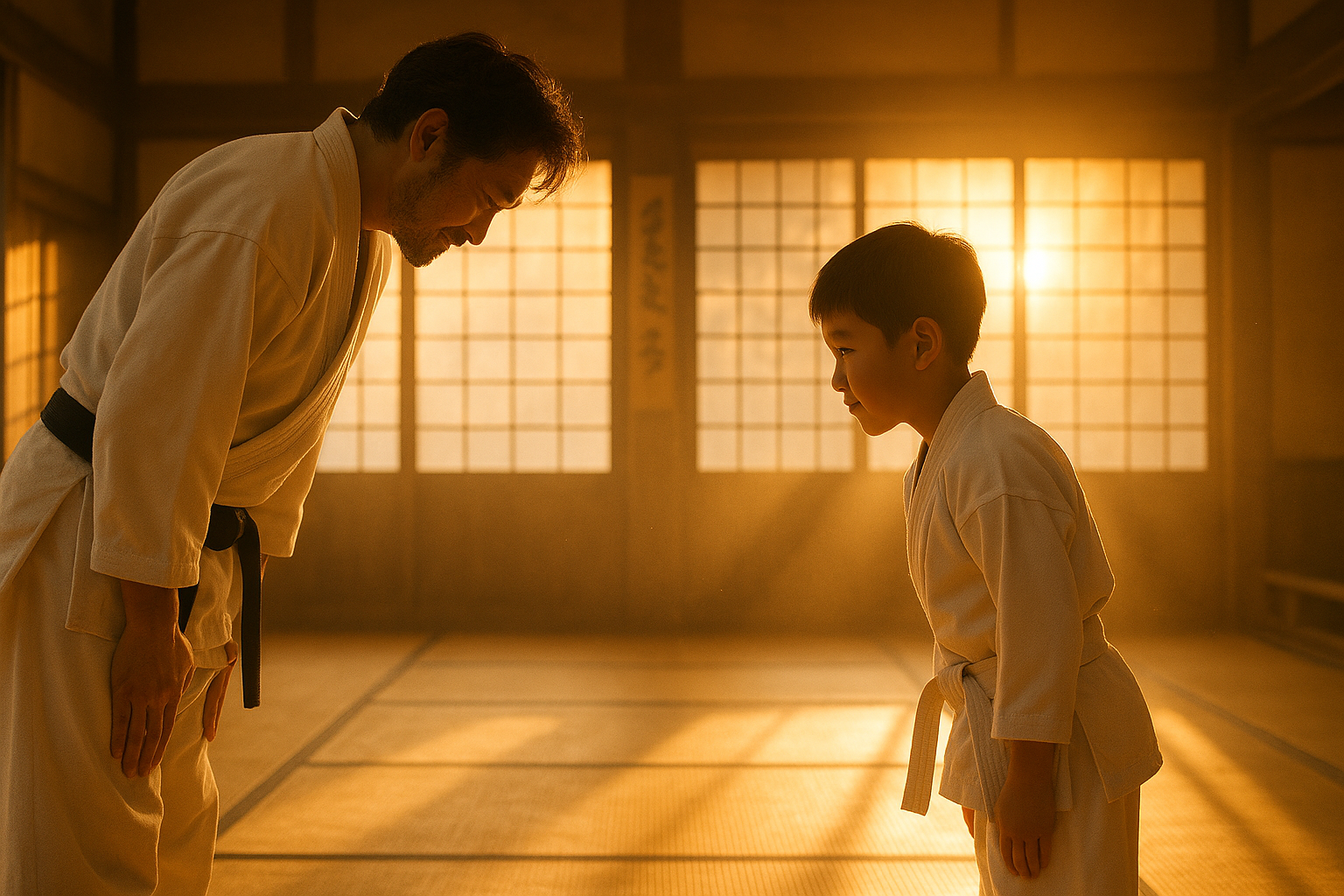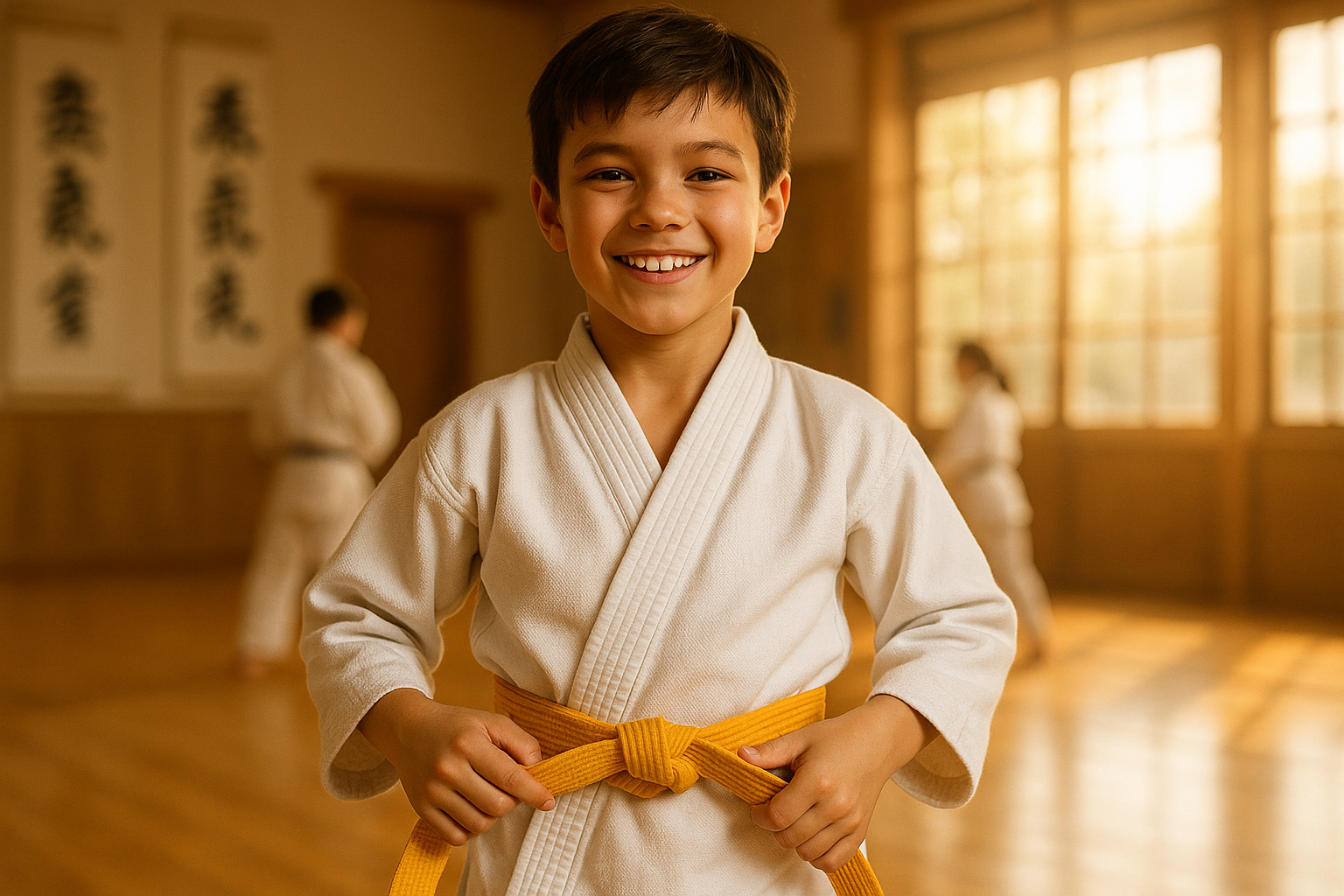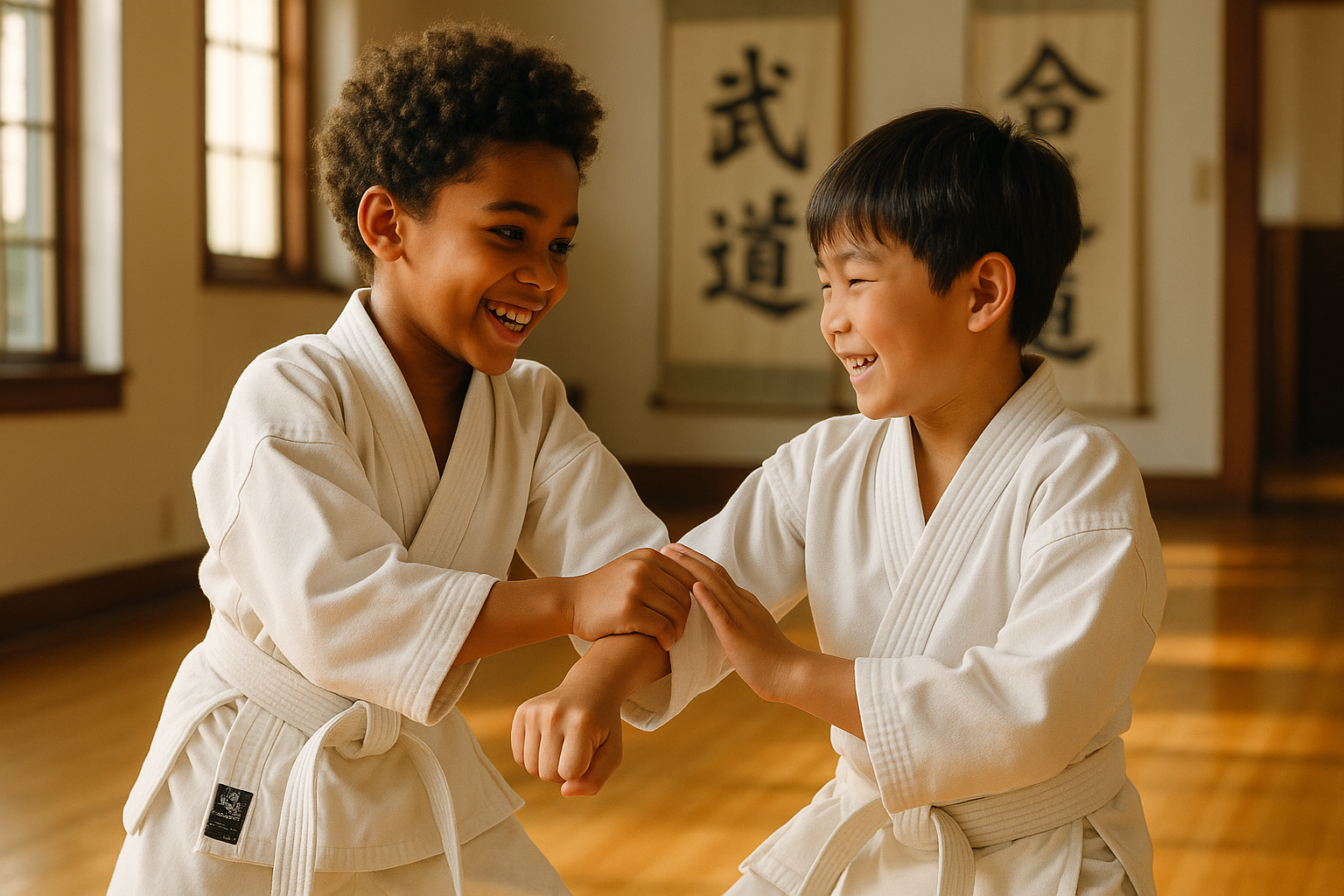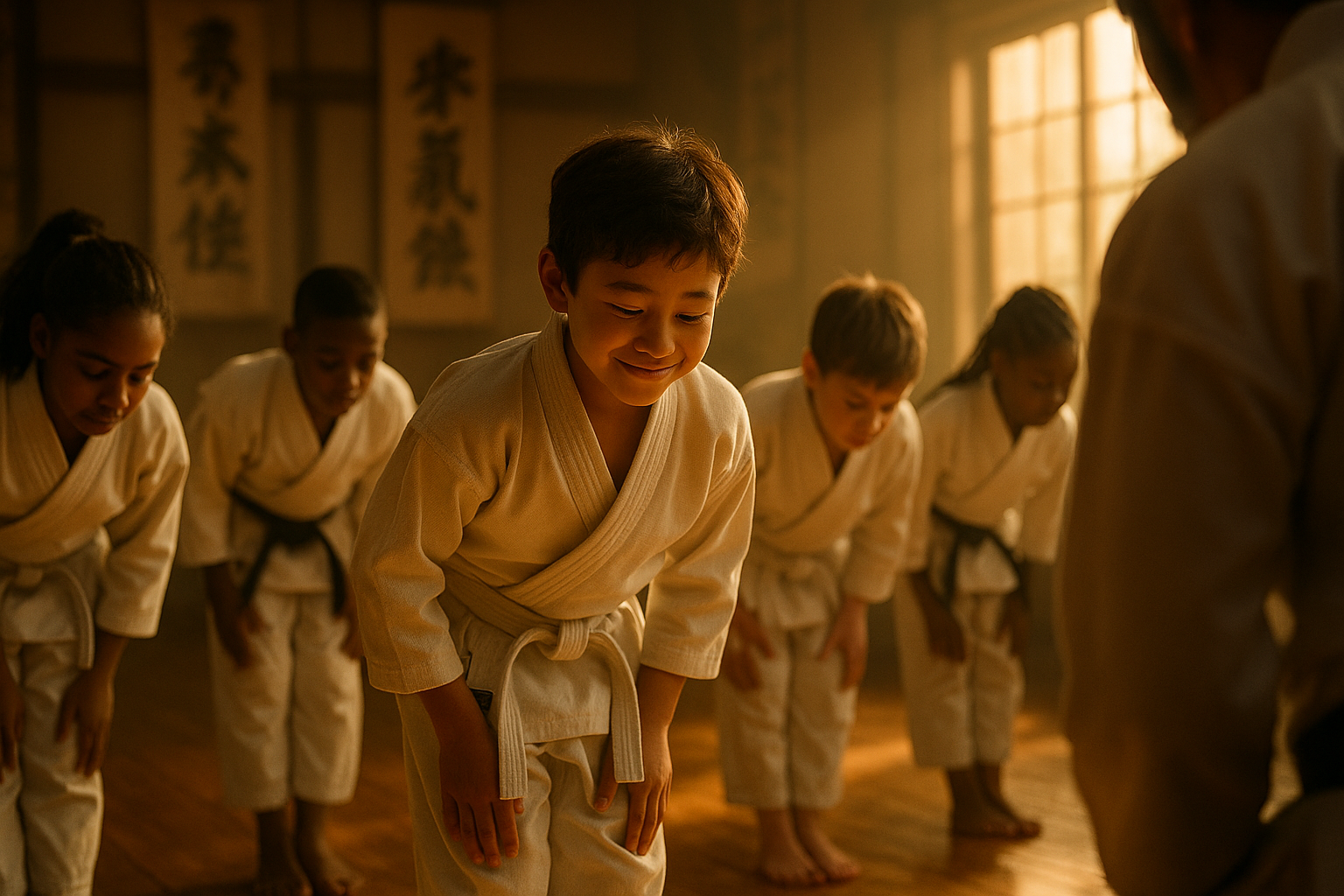How Family Martial Arts Strengthens Bonds and Boosts Health — A Guide for Austin Families
How Training as a Family Builds Fitness, Connection, and Emotional Strength—One Class at a Time

In today’s fast-paced, screen-saturated world, finding positive activities that bring families together—and actually stick—can feel like chasing unicorns. But family martial arts provides something rare:
- Shared physical activity
- Fun and structure
- Life lessons you all learn together
At Impact Martial Arts in Austin, we’ve seen the magic firsthand: families grow together, not apart. So let’s unpack how family martial arts can enhance health, communication, resilience, and emotional well-being—especially here in Austin.
1. Move Together—Stay Stronger, Longer
Too many families spend evenings glued to screens—kids with tablets, parents on phones or laptops. It’s not just about wasted time; sedentary habits can lead to obesity, posture issues, and mental fatigue.
Martial arts flips that script. Every class is a fun, full-body workout:
- Kicks, strikes, and stances build strength and coordination
- Pad drills and partner work get hearts pumping—cardio included
- Flexibility, balance, and motor skills improve week by week
According to Wikipedia, consistent exercise even as little as 10 minutes a day improves mood, reduces anxiety, and boosts sleep quality. Imagine what 1–3 classes per week can do.
At Impact, both parents and children leave class feeling energized and proud—not exhausted and cranky.
2. Bond Over a Shared Challenge
Something special happens when parents and kids sweat side by side: you become teammates. Training together means:
- Solving drills as a duo
- Celebrating each other’s progress
- Learning communication and trust
- Setting family goals like earning a belt or mastering a move
As covered by Boundless Martial Arts and others, this kind of shared challenge builds deeper connections—and "pushes each other to grow, both in skill and character"
3. Grow Communication and Emotional Intelligence
Martial arts isn’t just physical—it’s mental and emotional too.
- You listen and respond to partner cues
- You show respect and encouragement
- You develop empathy when coaching each other
As noted in recent commentary, martial arts helps families "encourage communication" and "foster mutual respect".
When practiced weekly, these lessons bleed into daily life—helping siblings talk better, children listen more, and parents relate more deeply.
4. Strengthen Mental Health & Stress Relief
Both parents and kids face stress—work deadlines, homework, social pressure.
Martial arts offers a built-in stress release. Here's why it's powerful:
- Physical exertion releases endorphins (happy hormones) and reduces cortisol
- Guided breathing techniques calm racing minds
- Structured routines provide comfort and mental space
- Training focus helps shift attention away from stressors
Studies show martial arts is increasingly recognized as a holistic form of physical and mental healthcare.
For example, a 10‑week youth MMA+therapy program significantly improved stress and self-esteem in young males
For parents, it’s a safe, healthy way to reset.
5. Build Family Resilience Together
Life doesn’t always go smoothly—tests, social challenges, setbacks happen.
Martial arts teaches grit: training consistently, learning from mistakes, and trusting the process. As a family, you:
- Try drills until you get them right
- Fail board breaks or forms, then support each other to improve
- Celebrate progress together—big or small
MMA family programs reinforce the power of shared resilience. When families “push each other through rough patches,” relationships deepen.
6. Create Screen-Free Quality Time
Ditch the devices, and you’ll see something magical: authentic engagement.
Family martial arts thrives outside screens:
- High-fives after form corrections
- Laughter during playful drills
- Encouragement during belt promotions
These moments—unfiltered and present—build memories that screens can’t match.
7. Teach Value, Respect, and Lifelong Skills
Martial arts teaches more than fitness:
- Respect for instructors, classmates, and teammates
- Structure through routines, warm-ups, and etiquette
- Goal-setting with belts and techniques
- Self-discipline through consistency
- Courage to step outside comfort zones
These values hold their weight—from classroom success to family communication.
8. Fit the Needs of Every Age
Parents, teens, and younger kids all bring unique strengths to martial arts:
Benefits of Family Training
Kids - Guidance, role modeling, emotional support
Teens - Shared space with parents, respect for their independence, healthy challenge
Adults - Family connection, accountability, fitness & stress relief benefits
Family-style classes help all ages train together harmoniously—nurturing roles from yang to sensei.
9. Real Austin Families, Real Transformations
“Our whole family has grown closer.”
– The Ramirez family: Dad, mom, and two kids train together weekly. They report improved communication and healthier routines.
“My teenage daughter finally found something we could connect over.”
– The Harrison family: Mother and daughter train twice weekly, leading to better conversations at home and more shared pride.
Austin families consistently tell us: martial arts helped them discover a common purpose outside work, screens, and chores.
Getting Started With Impact Martial Arts
- Drop in as a family for our Family Class—no experience required.
- Set a Family Goal, like earning first stripes or mastering a group form.
- Commit together—1–2 classes weekly, with weekend practice.
- Celebrate every win—no matter how small.
- Watch yourselves grow stronger, together—and individually.
✅ Ready to bring your family closer — mentally, physically, and emotionally?
Click here to explore our risk-free web specials and begin your family's martial arts journey today.
Final Thoughts
Family martial arts classes are more than a workout — it’s a journey of connection, growth, and wellness, grounded in shared values and effort.
With every class, you’re not just training — you’re building memories, resilience, trust, and health as a family.
In Austin’s busy, busy life, that’s pretty priceless.
